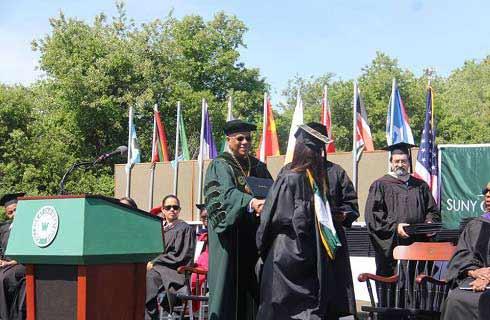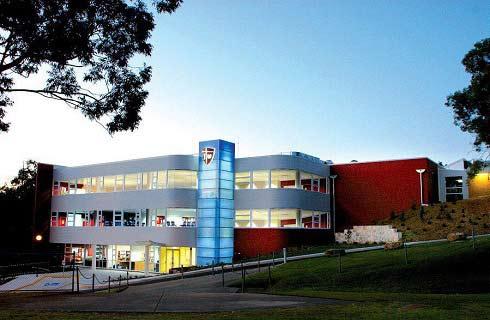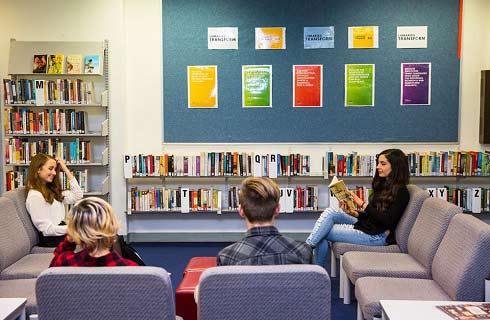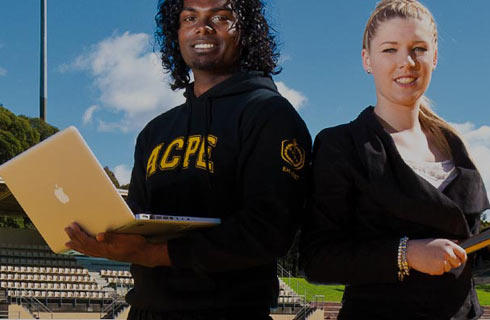Master of Laws (LLM) - Legal Innovation and Technology

学历文凭
Masters Degree

专业院系
执法管理

开学时间

课程时长

课程学费

国际学生入学条件
Applicants who received their first law degree (JD) in the U.S. must submit an official LSAT score. International students who received their first law degree outside the U.S. are not required to take the LSAT exam. The minimum TOEFL score requirement is 250 for the computer based exam, 600 for the paper test, or 100 for the internet based exam. Two letters of recommendation are required. At least one letter should be from an academic source. You must submit transcripts for all collegiate, graduate and professional study. Applicants are required to submit an updated resume with their application.
IDP—雅思考试联合主办方

雅思考试总分
6.0
了解更多
- 雅思总分:6
- 托福网考总分:100
- 托福笔试总分:600
- 其他语言考试:NA
CRICOS代码:
申请截止日期:请 与IDP联系 以获取详细信息。
课程简介
The concentration offers an array of courses and experiences that will better prepare students for both traditional and non-traditional legal employment. Traditional employers (such as law firms) increasingly need lawyers who not only have traditional legal knowledge and skills, but who are also familiar with innovative processes and technologies. For example, an increasing number of firms want to take advantage of cloud computing, employ a knowledge management system, use social media for investigations and marketing, engage in cost-effective electronic discovery, incorporate insights about project management, develop automated document assembly procedures, use law practice management software, understand metrics for the efficient delivery of legal services, and create a virtual version of their law firms. Law firms also are paying closer attention to lawyers technological skills and their ability to innovate. One reason is that sophisticated corporate clients are demanding technological competence, recognizing that a lack of proficiency adds time and expense to legal matters. For example, one large company Kia Motors America recently began conducting technology audits of outside counsel to ensure they use available technology efficiently. (Suffolk's Institute on Law Practice Technology and Innovation is automating and enhancing this audit at the request of our partner Casey Flaherty, the corporate counsel at Kia who developed the audit.) Another reason is that firms are increasingly experimenting with alternatives to the billable hour (i.e., alternative fee arrangements or AFAs, such as flat fee agreements). AFAs provide a stronger incentive for lawyers to be efficient, because firms make more money when their lawyers spend less (rather than more) time delivering high quality legal services. These efficiencies can be achieved through the appropriate use of law practice technology and other innovative practices.
相关申请

预科

奖学金

实习机会

在校学习

跨境学习

校园授课-线上开始

在线/远程学习
本校相关课程
广告学学士

学历文凭
Bachelor Degree
下一个开始日期
课程费用总额
广告学学士

学历文凭
Bachelor Degree
下一个开始日期
课程费用总额
艺术史学士学位

学历文凭
Bachelor Degree
下一个开始日期
课程费用总额
亚洲研究文学学士学位

学历文凭
Bachelor Degree
下一个开始日期
课程费用总额
亚洲研究理学学士

学历文凭
Bachelor Degree
下一个开始日期
课程费用总额
生物化学理学学士

学历文凭
Bachelor Degree
下一个开始日期
课程费用总额
其他相关课程
安大略大学高级调查和执法研究生证书

圣力嘉学院
泰晤士高等教育世界大学排名:

学历文凭
Graduate Certificate
下一个开始日期
课程费用总额
法律文员文凭

范莎学院
泰晤士高等教育世界大学排名:

学历文凭
Bachelor Degree
下一个开始日期
课程费用总额
法律文员文凭(强化)

亚岗昆学院
泰晤士高等教育世界大学排名:

学历文凭
Bachelor Degree
下一个开始日期
课程费用总额
高级执法和调查研究生证书

尼亚加拉学院
泰晤士高等教育世界大学排名:

学历文凭
Graduate Certificate
下一个开始日期
课程费用总额
环境保护与环境执法研究生证书

弗莱明学院
泰晤士高等教育世界大学排名:

学历文凭
Graduate Certificate
下一个开始日期
课程费用总额
司法研究文凭-执法

博瓦立学院
泰晤士高等教育世界大学排名:

学历文凭
Bachelor Degree
下一个开始日期
课程费用总额





